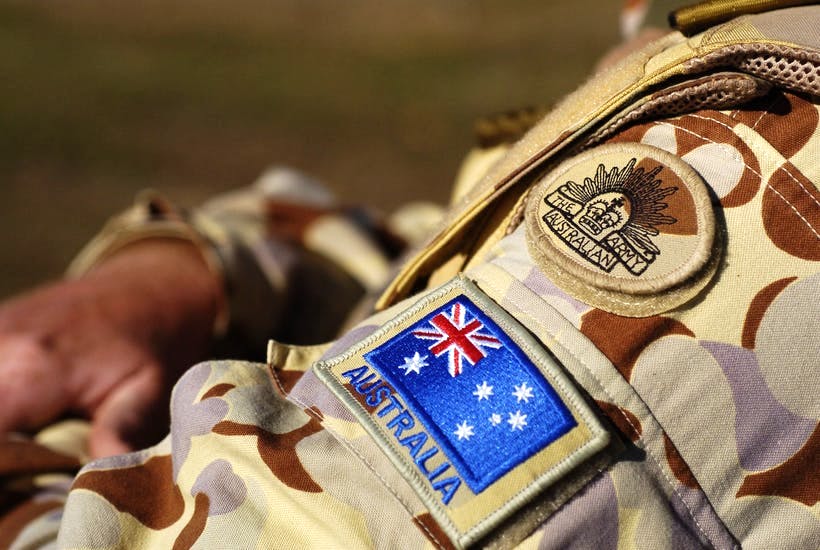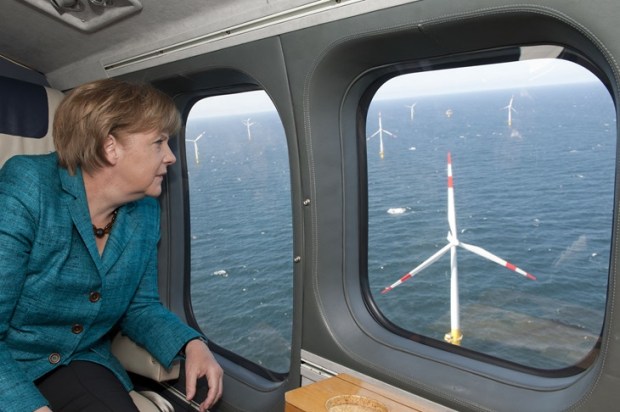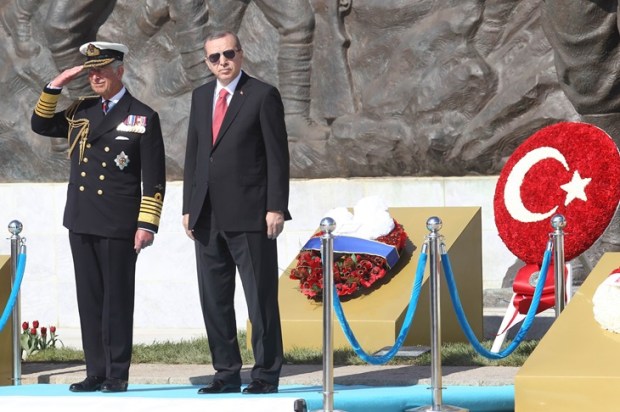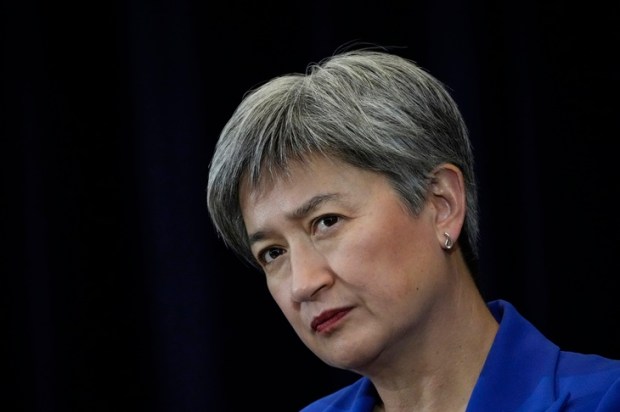Peter Dutton has stamped his authority on his new portfolio in a way that demonstrates that he is a leader who is prepared to stand up for values that most Australians espouse and suggests that the wrong man won the leadership contest in 2018. In my view, the most important of his recent announcements is his insistence that Defence focus on its core mission and not woke cultural fads. But here I would like to address the question of the Meritorious Unit Citation.
Let me say at the outset that I did not support the revocation of the citation for reasons I will go into later. But first, I propose to indulge in a little semantics here just to help put things in perspective. Most commentators do not understand the issue. To begin with, the unit citation is not a medal. Why that distinction is important will, I hope, become clear.
Unit citations are only a recent feature of Australian military honours. The Meritorious Unit Citation is awarded for ‘sustained outstanding service in warlike operations’. It is not an individual award. It is awarded to a unit and those who served with the unit at the time it was earned are entitled to wear its emblem in perpetuity. Before 1991, the only unit citations, as far as I can recall, awarded to Australian Army units were as follows: the US Presidential Citation was awarded to the Third Battalion of the Royal Australian Regiment (3RAR) for its action at the Battle of Kapyong in Korea and to D Coy, Sixth Battalion RAR, for the Battle of Long Tan in Vietnam.
The Australian Army Training Team Vietnam (AATTV), whose members numbered four VC winners, received a US Meritorious Unit Commendation and a Vietnam Gallantry Cross Unit Citation. These awards were issued in recognition of the gallantry of all the members of the unit, where it was felt that all members deserved individual gallantry awards but that, in practical terms, not all could be recognised in that way.
So, in this case, the citation is being stripped (or would be) from the unit, which would simply mean the soldier would no longer be entitled to wear its emblem. Again, I accept that this sounds like semantics but, strictly speaking, its effect is that this is not a personal slight or affront to the individual soldier. This point is reinforced by the fact that soldiers posted to a unit which has a citation, but who were not involved in the action for which that citation was awarded, are entitled to wear the emblem while they remain within that unit. In other words, it is not an individual award and cannot be stripped from an individual. And in the case of the SOTG MUC, which was awarded for ‘sustained outstanding service’, over a period of six years, this sounds, dare I say it, like something of a ‘cereal box’ award. I know that will offend some, but in my defence, let me observe that generally, I think we are over-medalled. I have six, covering three aspects: service, active service in South Vietnam and long service. At a pinch, I would be happy with the two South Vietnam medals and my Combat Infantryman’s Badge.
SOTG is not a unit – it is a formation. Simply put, formations are groupings of units put together for a particular mission. And many different units come under its command over the period of its existence. By its very nature a formation, at least in operational settings like South Vietnam and Afghanistan, provides sustained service. In terms of military morale, soldiers give their first loyalty to their unit, not the formation under whose command it operates pro tem.
My belief is that unit citations should be restricted to units, they should be awarded for genuinely outstanding time-limited actions and they should be awarded rarely. Soldiers who served in Afghanistan are recognised for their active service by their individual campaign medals, for combat service by honours such as the Combat Infantryman’s Badge, for outstanding service by gallantry medals and awards and for sustained active service by clasps to their campaign medals. And in exceptional circumstances, as I have described above, a unit citation. Also, Army units, at least, are also recognised by the award of battle honours that are affixed to their Regimental Colours, so that, for example, 3 RAR and 6RAR have battle honours for Kapyong and Long Tan.
If we look at the First Australian Task Force (1ATF) in South Vietnam, which existed for about seven years, I would suggest that it certainly provided sustained and, arguably, outstanding service. If it had been awarded the US Presidential Citation on that basis, what would that say to the soldiers of D Coy 6RAR?
And conversely, what would happen if, in some subsequent action, 3RAR broke and ran? Would it be a crime to deprive those soldiers who were at the Battle of Kapyong of their collective honour, because, on this imagined occasion, the battalion dishonoured itself? We would not deprive someone of his VC because, at some later time, he cracked under severe combat stress.
If a citation is to be awarded to a formation for sustained, outstanding service it should be reserved for genuinely outstanding situations such as the defence of Tobruk.
My point here is that there is no shortage of recognition for individual veterans. Most would rank the MUC as being the least significant.
So, there was a certain strict logic behind General Campbell’s decision but it was precipitate and insensitive, coming, as it did, immediately after the announcement of the Brereton findings, and, more importantly, regardless of what I have said above, the veterans (and their surviving relatives) do regard this as a personal reflection, a slap in the face. And given that we have had over 500 veterans take their own lives in the past ten years (a shocking statistic), surely adding to the angst of the surviving veterans should be the last thing a responsible commander would contemplate. Neil James, of the Australian Defence Association, talking to Andrew Bolt on Monday night, said, effectively, that Dutton over-reached in re-instating the citation, arguing that it was within the CDF’s prerogative to make this decision. That might be strictly true, but the timing and nature of the announcement made it political, particularly if you consider that it included promise of compensation, which more than anything gave the impression of pre-judging the outcome. That is a matter for government, not the CDF.
A unit citation is not awarded for the outstanding actions of a few but for the concentrated efforts of the many. By the same token, it should not be revoked for the crimes of a few.
Got something to add? Join the discussion and comment below.
Get 10 issues for just $10
Subscribe to The Spectator Australia today for the next 10 magazine issues, plus full online access, for just $10.

























Comments
Don't miss out
Join the conversation with other Spectator Australia readers. Subscribe to leave a comment.
SUBSCRIBEAlready a subscriber? Log in